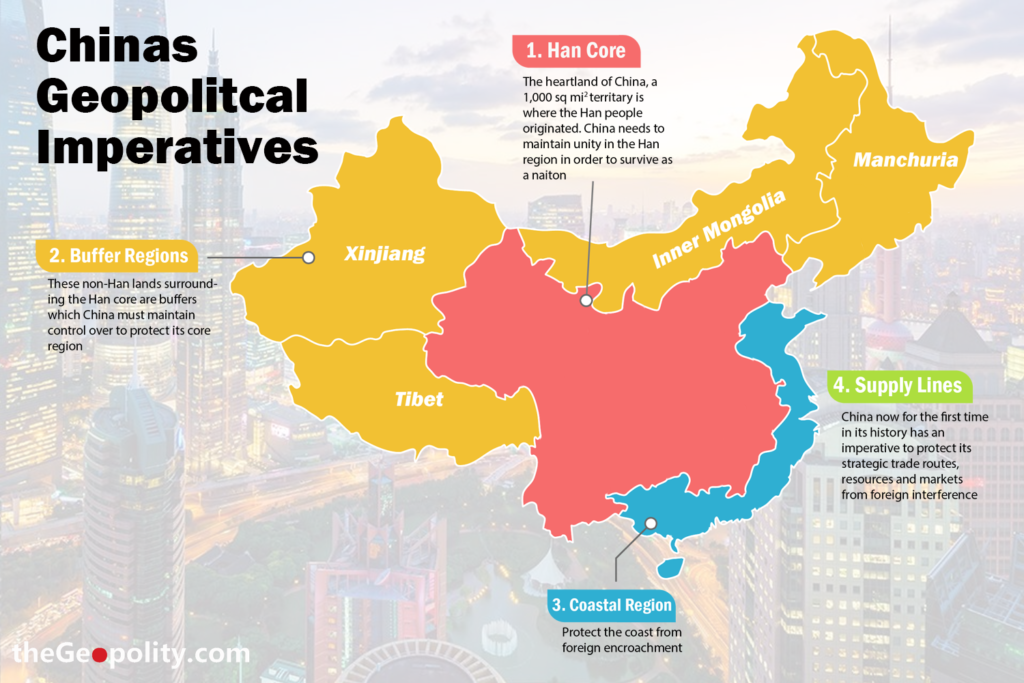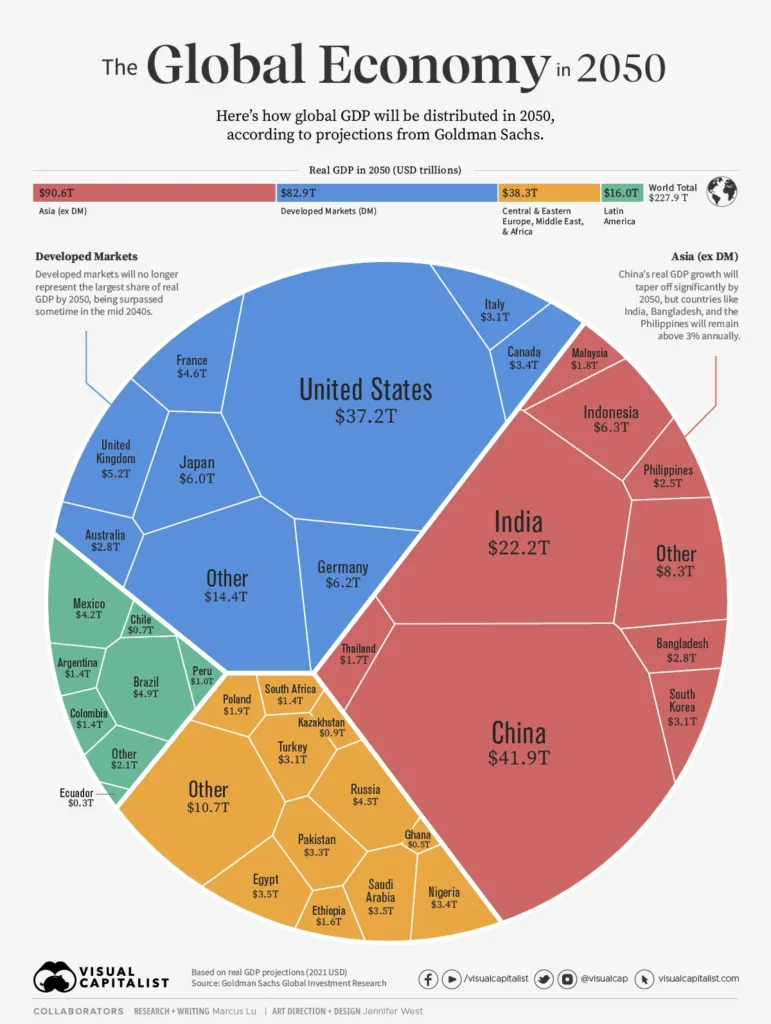The South China Sea has emerged as a focal point of geopolitical tensions, drawing the attention of global powers and regional stakeholders alike. With its strategic maritime routes, rich natural resources, and contested territorial claims, this vital waterway is at the heart of a complex web of international relations. As nations vie for influence and control, understanding the stakes involved in the South China Sea becomes crucial for anyone interested in global politics and security.
In this article, we will delve into the various dimensions of the geopolitical tensions in the South China Sea, examining the interests of key players such as China, the United States, and Southeast Asian nations. We will explore the implications of these tensions on international trade, regional stability, and environmental concerns. Additionally, we will analyze the historical context that has shaped the current landscape, providing readers with a comprehensive understanding of the ongoing disputes and their potential consequences.
As we navigate through the complexities of the South China Sea, we invite you to join us in uncovering the multifaceted issues at play. From military posturing to diplomatic negotiations, the developments in this region are not only significant for the countries directly involved but also for the global community. Stay with us as we unpack the critical questions surrounding the South China Sea and what’s truly at stake in this pivotal geopolitical arena.
Geopolitical tensions in the South China Sea have escalated in recent years, drawing the attention of global powers and regional nations alike. This strategic waterway is not only vital for international trade but also rich in natural resources, making it a focal point for territorial disputes. Understanding the various dimensions of this complex issue is crucial for grasping its implications on global stability.
Territorial Disputes and Claims
The South China Sea is surrounded by several nations, including China, Vietnam, the Philippines, Malaysia, and Brunei, each asserting claims over various islands and maritime zones. China’s expansive claims, marked by the “nine-dash line,” have been a source of contention, leading to confrontations with neighboring countries. These territorial disputes are not merely about land; they encompass fishing rights, oil and gas exploration, and strategic military positioning.
As nations bolster their military presence in the region, the potential for conflict increases. The United Nations Convention on the Law of the Sea (UNCLOS) provides a framework for resolving these disputes, yet differing interpretations and national interests complicate the situation. The stakes are high, as control over these territories could significantly impact regional security and economic prosperity.
Economic Implications
The South China Sea is a critical maritime route for global trade, with an estimated $3 trillion worth of goods passing through annually. The region is also believed to hold substantial oil and natural gas reserves, making it economically significant for the countries involved. As nations vie for control over these resources, the economic implications extend beyond regional borders, affecting global markets and energy security.
Moreover, fishing rights in these waters are vital for the livelihoods of millions in Southeast Asia. The competition for these resources can lead to overfishing and environmental degradation, further complicating the geopolitical landscape. The economic stakes in the South China Sea are thus intertwined with national security, making it a critical area of focus for policymakers.
Military Presence and Alliances
The military dynamics in the South China Sea are shifting, with countries like the United States increasing their presence to counter China’s assertiveness. The U.S. conducts freedom of navigation operations to challenge China’s claims, while also strengthening alliances with regional partners such as Japan, Australia, and India. This military buildup raises concerns about an arms race and the potential for miscalculations leading to conflict.
Regional nations are also enhancing their military capabilities, seeking to deter aggression and protect their interests. The formation of alliances and partnerships is crucial in this context, as countries navigate the complex web of geopolitical tensions. The military aspect of the South China Sea disputes underscores the importance of diplomacy and dialogue in preventing escalation.
Environmental Concerns
The geopolitical tensions in the South China Sea have significant environmental implications. The region’s rich biodiversity is threatened by overfishing, habitat destruction, and pollution, exacerbated by military activities and resource extraction. Coral reefs, which are vital for marine ecosystems, are particularly vulnerable to these pressures.
As nations prioritize their territorial claims and economic interests, environmental sustainability often takes a backseat. The degradation of marine resources not only impacts local communities but also has broader implications for global biodiversity. Addressing these environmental concerns is essential for ensuring the long-term health of the South China Sea and its surrounding ecosystems.
International Law and Governance
The role of international law in the South China Sea disputes is pivotal. The United Nations Convention on the Law of the Sea (UNCLOS) provides a legal framework for maritime claims, yet its enforcement remains a challenge. China’s rejection of an international tribunal’s ruling in 2016, which invalidated its claims, highlights the complexities of governance in the region.
Effective governance mechanisms are necessary to manage disputes and promote cooperation among nations. Strengthening international legal frameworks and encouraging adherence to established norms can help mitigate tensions and foster a more stable environment in the South China Sea.
The Role of Major Powers
The involvement of major powers, particularly the United States and China, significantly influences the geopolitical landscape of the South China Sea. The U.S. views its presence in the region as essential for maintaining a rules-based international order, while China seeks to assert its dominance and expand its influence.
This rivalry has implications for regional stability, as smaller nations navigate their relationships with these powers. The actions of major powers can either exacerbate tensions or promote dialogue and cooperation, making their role crucial in shaping the future of the South China Sea.
Regional Responses and Cooperation
In response to the escalating tensions, regional nations are exploring avenues for cooperation and conflict resolution. Initiatives such as the ASEAN-China framework aim to promote dialogue and establish guidelines for managing disputes. However, differing national interests and priorities often hinder progress.
Building trust and fostering collaboration among nations is essential for addressing the challenges in the South China Sea. Regional cooperation can enhance security, promote sustainable resource management, and contribute to a more stable geopolitical environment.
Future Prospects and Scenarios
The future of the South China Sea remains uncertain, with various scenarios possible depending on the actions of regional and global powers. Continued militarization and assertive claims could lead to increased tensions and potential conflict. Conversely, diplomatic efforts and cooperation may pave the way for a more stable and peaceful resolution of disputes.
Ultimately, the stakes in the South China Sea are high, with implications for regional security, economic prosperity, and environmental sustainability. The ability of nations to navigate these complexities will determine the future trajectory of this critical geopolitical hotspot.
| Aspect | Description |
|---|---|
| Strategic Importance | The South China Sea is a vital maritime route for global trade, with over $3 trillion worth of trade passing through annually. |
| Territorial Claims | Multiple countries, including China, Vietnam, the Philippines, Malaysia, and Brunei, have overlapping territorial claims, leading to heightened tensions. |
| Natural Resources | The region is rich in natural resources, including oil, gas, and fisheries, making it economically significant for the claimant countries. |
| Military Presence | China has increased its military presence in the area, constructing artificial islands and military bases, which raises concerns among neighboring countries and the US. |
| International Law | The United Nations Convention on the Law of the Sea (UNCLOS) governs maritime rights, but its enforcement is complicated by conflicting claims and national interests. |
| Regional Stability | Ongoing tensions threaten regional stability, with potential for conflict impacting not only the claimant countries but also global security dynamics. |
| Global Implications | The South China Sea is a focal point for US-China relations, with implications for international alliances and trade policies. |




